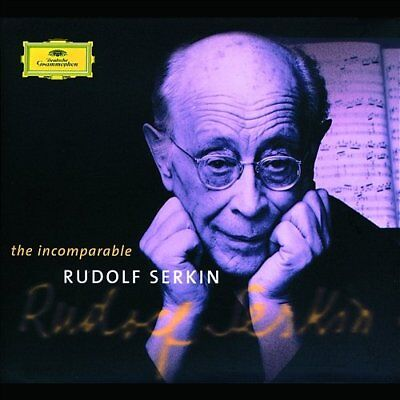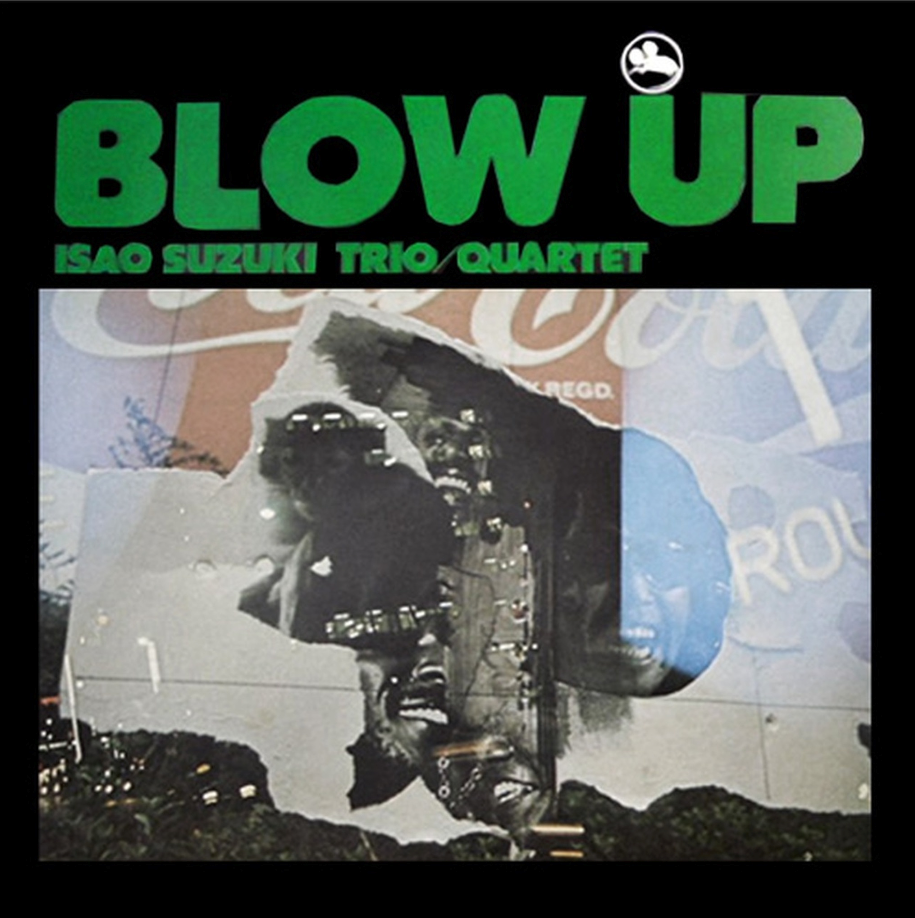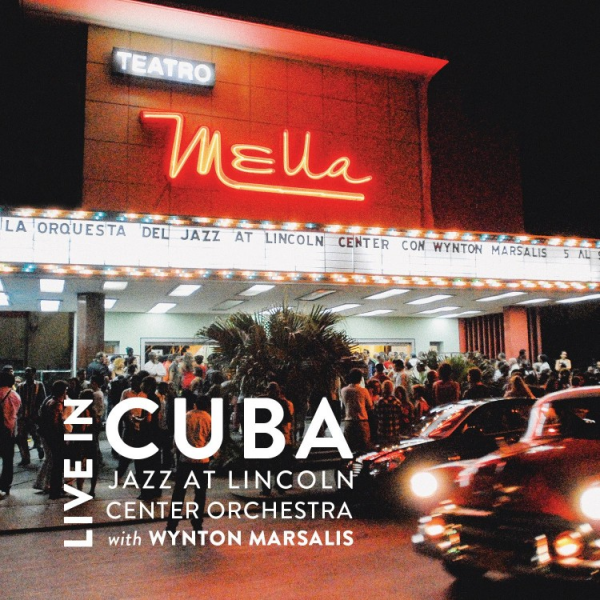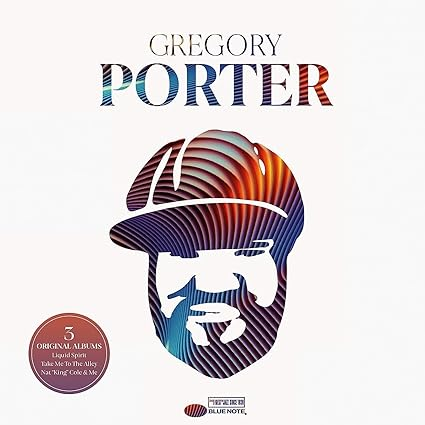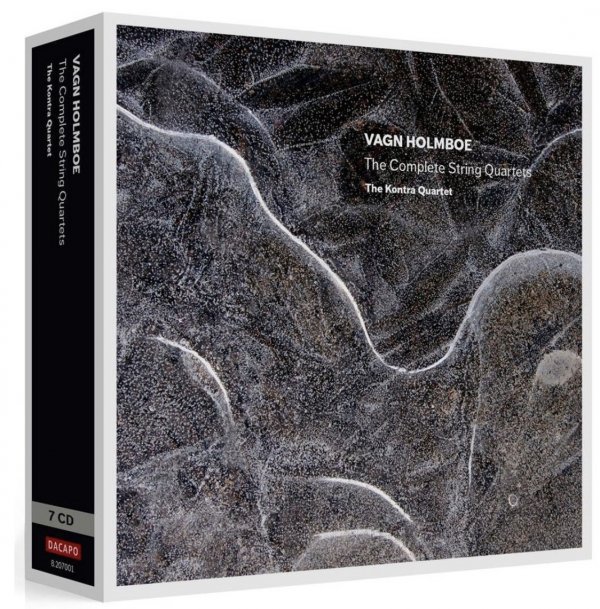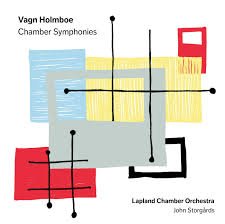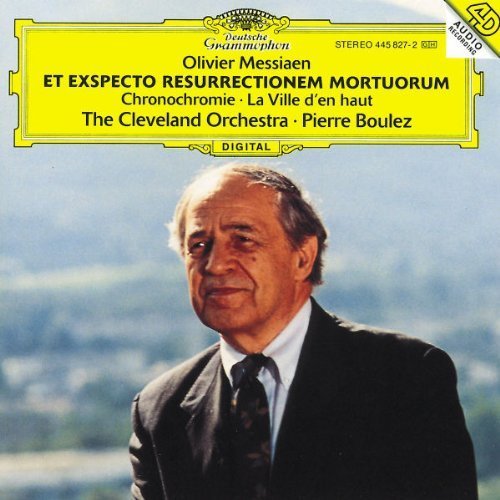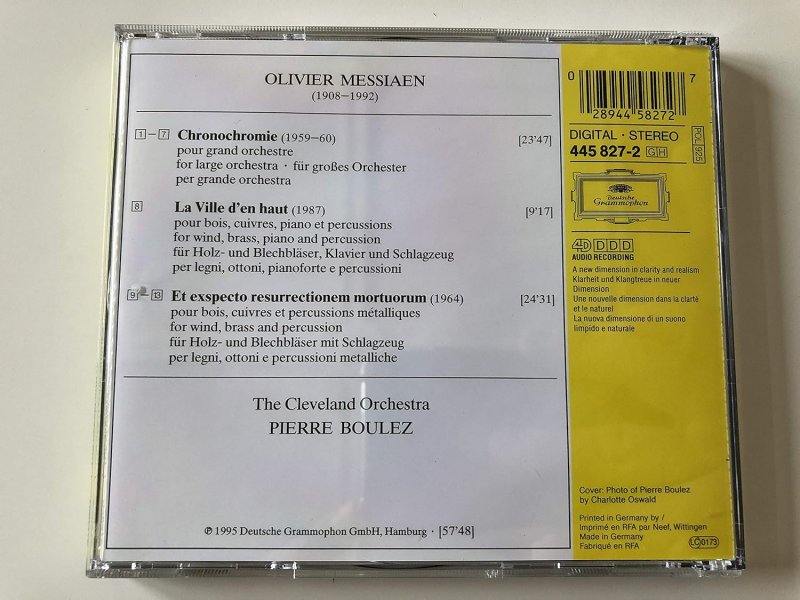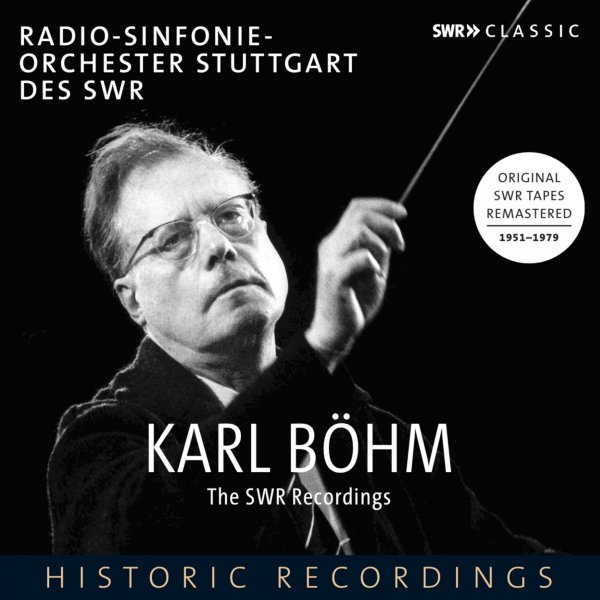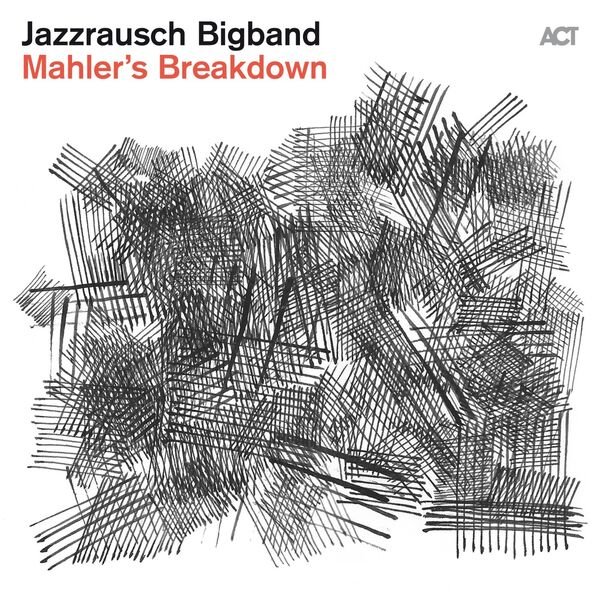I often take inspiration from the many what-are-you-spinning-today threads available here on WBF and on many other places. Indeed, I discovered so many musical treasures and I am grateful to anybody who ever contributed to these threads.
What I would find even more interesting would be a thread where listening suggestions are backed-up with some context. Given that I haven’t been able to find one (feel free to correct me), I decided to create one myself
As the OP, I’d like to offer a simple rule for this thread, i.e. that music recommendations are always presented with some description of why they are worth listening.
It does not need to be an essay, just a statement of two and of course any reason is perfectly fine (including ‘because it displays so well my hifi system strengths’ ). All genres are welcome.
). All genres are welcome.
It would be so much fun and informative to know what you guys love and why it makes you feel good (or sad when you want to be sad for that matter).
I’ll start with a couple of posts below, a shorter and a longer one, hoping to kick-off the discussion!
What I would find even more interesting would be a thread where listening suggestions are backed-up with some context. Given that I haven’t been able to find one (feel free to correct me), I decided to create one myself
As the OP, I’d like to offer a simple rule for this thread, i.e. that music recommendations are always presented with some description of why they are worth listening.
It does not need to be an essay, just a statement of two and of course any reason is perfectly fine (including ‘because it displays so well my hifi system strengths’
It would be so much fun and informative to know what you guys love and why it makes you feel good (or sad when you want to be sad for that matter).
I’ll start with a couple of posts below, a shorter and a longer one, hoping to kick-off the discussion!


